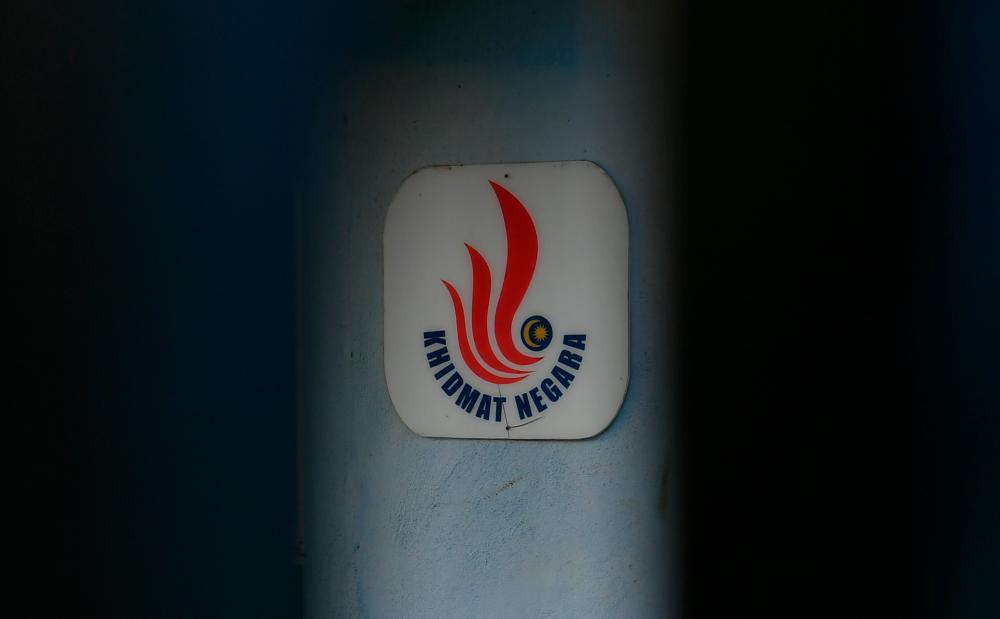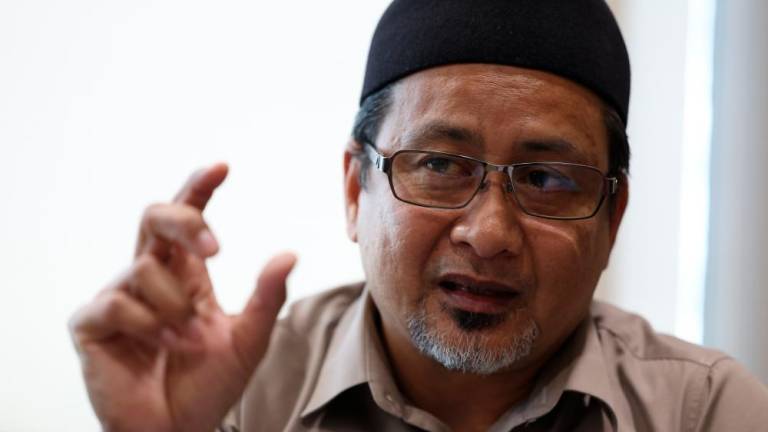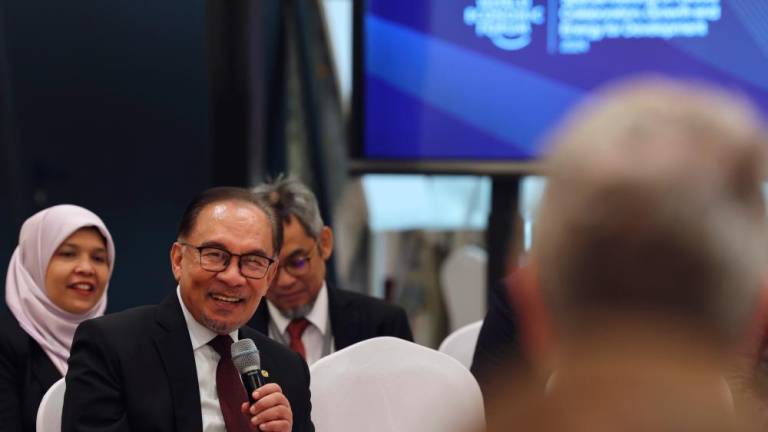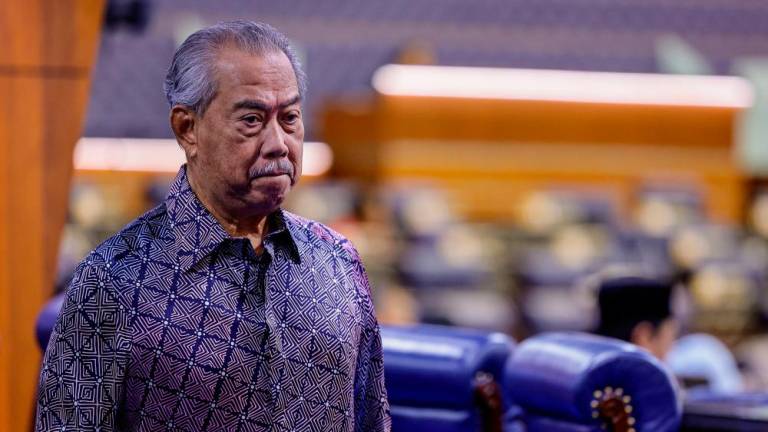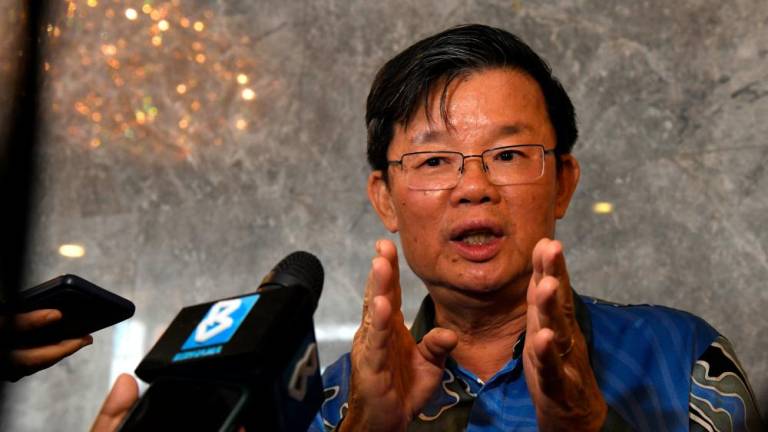PETALING JAYA: The reimplementation of the National Service Training Programme to include university students has received the thumbs up from the National Council of Professors.
Its Governance, Law and Management cluster head Prof Dr Nik Ahmad Kamal Nik Mahmood said the redesigned framework has turned it into one that is forward-thinking.
“The revamped programme aims to provide opportunities for university students who are not engaged in uniformed bodies like the police undergraduate voluntary corp, reserve officer training unit, or the military reserve force.”
Nik Ahmad said by implementing the programme, these students who have not previously been involved in such activities can now participate and contribute to their community and beyond.
The new 45-day programme will focus on 80% military training and 20% patriotism and will be held at 13 army camps and a police camp.
However, Nik Ahmad said questions linger on the effectiveness of the shortened training duration.
“Even the previous three-month service, launched in December 2003, proved insufficient. We are optimistic about the programme’s expansion to include university students.
“But for this initiative to succeed, it is crucial that comprehensive guidelines are established to ensure its sustainability and effectiveness in engaging the public.”
He said by broadening participation in the programme, the aim of nation-building becomes more inclusive and representative of a diverse society.
“Government-sponsored youth programmes have inadvertently overlooked those not enrolled in traditional educational institutions. This oversight can lead to missed opportunities for fostering a sense of civic duty and communal responsibility among young people.”
According to police statistics, a total of 2,402 criminal cases involving those under 40 years were recorded as of October last year.
The figure was an increase from the 1,970 cases recorded in the same period in 2022. The most common offences were related to theft, sexual crimes, vandalism, robbery, participation in secret societies, gangsterism and bullying.
Nik Ahmad emphasised that the public, especially parents, should consider allowing their children to participate in the programme, adding that it could effectively curb involvement of youths in criminal and vice activities.
“The need for interventions like the National Service Training Programme is crucial to divert youths from engaging in undesirable behaviour.”
Nik Ahmad said involving students in the programme could positively impact their discipline, given the structured environment with clear rules and expectations.
“The structured setting also helps instil discipline by requiring participants to adhere to established guidelines and routines.”
Nik Ahmad also highlighted the importance of mandatory national service as a means to stem the rising crime rate.
While citing Singapore’s national service system, in which eligible male citizens are required to undergo compulsory military service, Nik Ahmad said mandatory national service would instil a sense of civic duty and responsibility among young adults.
“By participating in activities that contribute to the betterment of society, they can develop a deeper understanding of their role as active and engaged citizens.
“It would also allow students to develop valuable skills such as leadership, teamwork, problem-solving and communication.”
He said the decision to extend national service to encompass youth, regardless of their educational background, represents a significant step toward fostering inclusivity.



